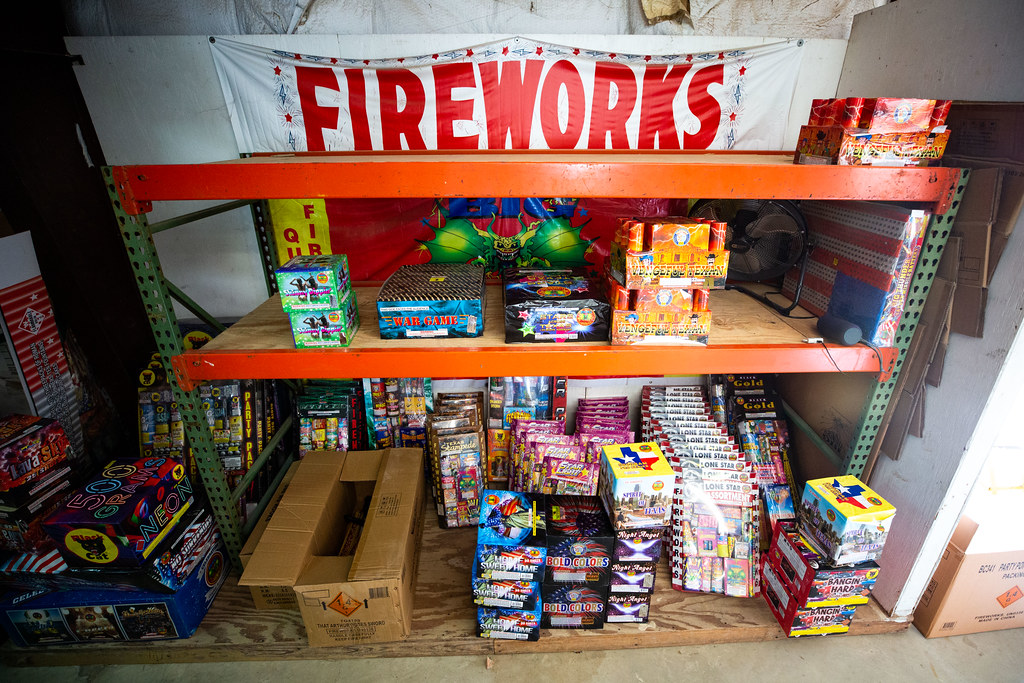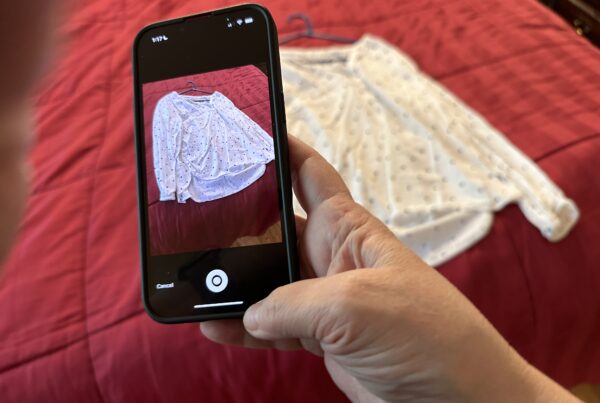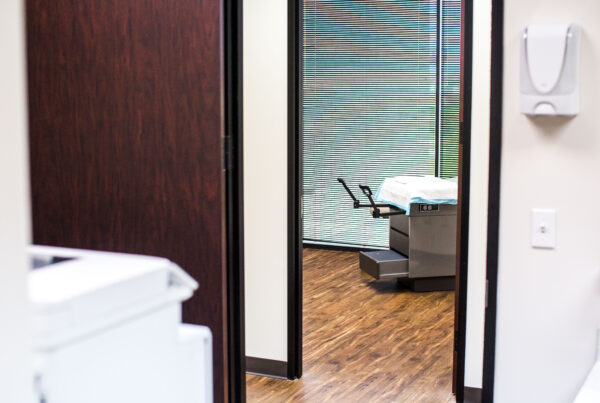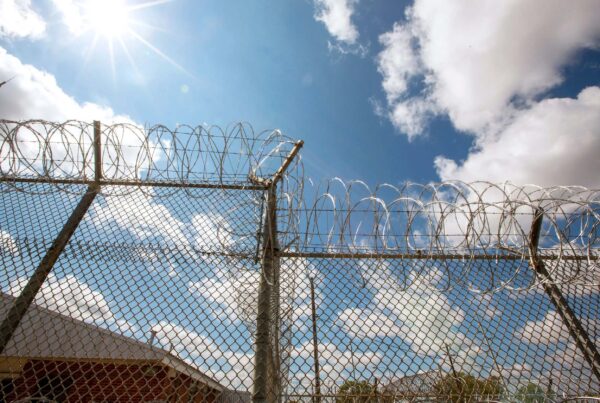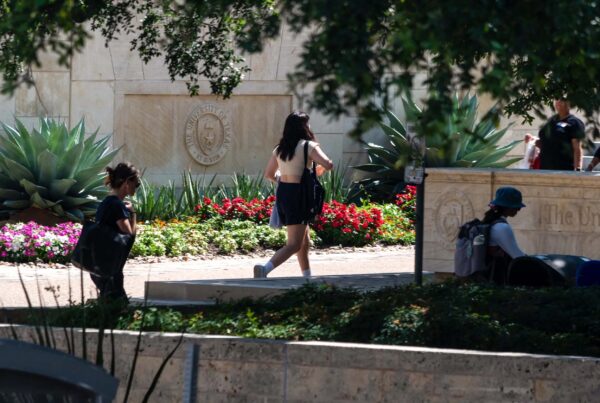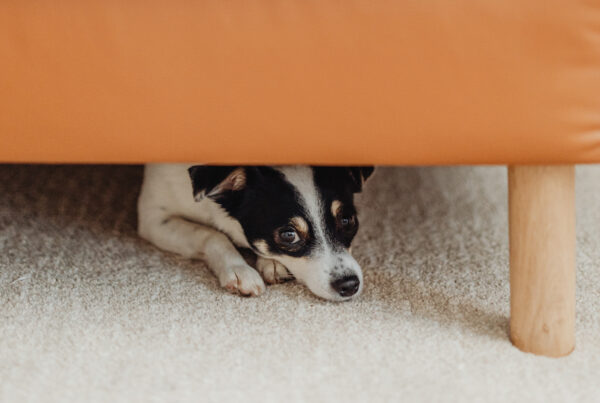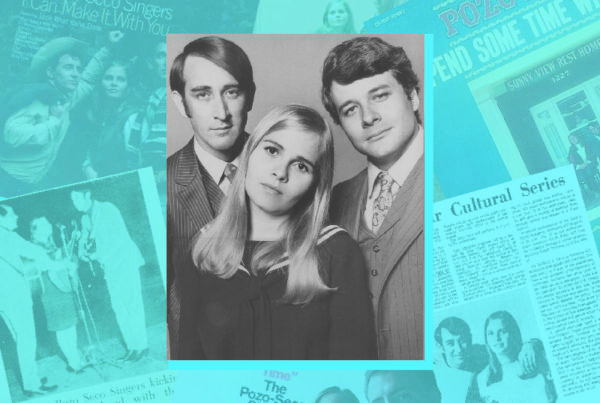Tomorrow is the Fourth of July – and if there’s one thing Americans love about summer celebrations, it’s the beauty and awe of fireworks.
Last year, Americans spent $2.2 billion on fireworks. But also last year, more than 10,000 people were reported to be injured by fireworks in the U.S., with teenagers having the highest rate of ER-treated injuries.
Now, this isn’t meant to scare you from enjoying fireworks this season, but here at the Texas Standard, we want you to be safe while doing so. We spoke with Thayer Smith, a division chief with the Austin Fire Department, on how to responsibly enjoy fireworks this season. Here are some things you should know:
Every city and county has different laws and regulations around fireworks.
Some areas of Texas allow for things like poppers and sparklers, while in others you could get up to a $2,000 fine just for something that small. Some allow the use of any and all fireworks, but even those areas might have updated rules because of burn bans. For example, most fireworks are allowed in Travis County, but not within the city of Austin.
“The city ordinance is very clear that no fireworks are allowed in the city limits of Austin other than a short list of things like sparklers and poppers – you know, that the kids usually use,” Smith said. “The big thing for the city of Austin specifically is the fact that we will have investigators out, and it’s up to an $800 fine if you’re caught violating the ordinance, but that may not be quite as applicable if you’re going across the whole state. For us locally, that’s the message we’re trying to get out: If we catch you, we’re gonna confiscate them and issue citations.”
The best thing you can do to find out what is allowed in your area is go to your county or city’s official government websites.
Sparklers are not without risk.
You might think that items as small as sparklers, snakes and poppers don’t pose much of a risk, but sparklers burn at 1,200 degrees Fahrenheit. This can not only burn little fingers, but can also cause big fires if not disposed of properly.
“They still burn very hot. There should still be adult supervision,” Smith said. “And then proper disposal: letting them cool off or wetting them before putting them in trash cans, because they are still very hot and can cause a fire if disposed of improperly.”
Be especially mindful of how dry your area is, as this could pose additional risks.
Due to the drought Texas faced last fall and the record-high temperatures currently impacting the state, burn bans are currently in effect. So it’s important to check out your area to see whether setting off fireworks is even allowed, let alone a good idea. The drier an area is, the higher the likelihood there is for fires to catch and spread quickly.
“Here in Travis County, there’s currently not a burn ban, so they would be allowed in the unincorporated areas of the county,” Smith said. “But we are drying out in many places across the state. So, the improper use – you know, shooting them into areas where there’s dry grass – is a big concern.”
Fireworks disposal is just as important as proper use.
Fireworks are the cause of an average of 19,000 fires each year in the U.S., and Smith said a lot of this has to do with improper disposal. Plan in advance where to put used fireworks to cool off, and have a bucket of water on standby to wet them down for an added safety measure before tossing them in the trash.
“People are surprised by how many dumpster fires and can fires we get in addition to the grass fires,” he said. “We’ve seen numerous houses over the years burn because they’ll take a hot firework, put it in the trash can in the garage, and then later on in the evening their garage is suddenly on fire because those are still very hot. So we see that a lot as improper disposal and improper use.”
Picking up a still-hot firework is also an easy way to get a burn injury, Smith said.
“We see a lot of times people just pick ’em up right out of the street or the parking lot and toss them in a dumpster or toss them in their trash can. That also poses a risk to whoever’s picking them up, if they’re still hot, for a burn injury,” he said. “So what we recommend is you just simply let them sit for several minutes and let them cool off before you pick them up or dispose of them.”
Be sure to wear hearing protection.
While going to a fireworks show put on by professionals eliminates a lot of the burn risk, it’s still important to keep in mind that these shows are loud – like, 150 decibels loud. So it’s best to stay at least 500 feet away from the source of the sound, wear hearing protection and maybe leave the pets at home.
“The big thing is probably hearing protection for the children. Those shows can get extremely loud,” Smith said. “Same thing for pets: can easily be scared. So probably not a good place to take the pets if your dog is skittish, because we’ll see the dogs run quite a bit. But probably the biggest thing is hearing protection for the kiddos.”
» MORE: Here are ways to help your pet cope with the fireworks this Fourth of July
Worst-case scenario, if a fire sets off or someone gets injured, call 911.
Sometimes even with safety measures in place, accidents still happen. Be sure to have your phone nearby and don’t hesitate to call 911, no matter how small a fire might appear at the start.
“First thing is 911. If you’re gonna try and put it out yourself with a hose or something like that, make absolutely sure you call 911 first so that we can be on the way and get there,” Smith said. “That’s the biggest thing: We don’t want is a delay. If somebody’s trying to put that fire out themselves and then it gets outta hand, that delays our response even more. So, absolutely first thing, call 911.”


